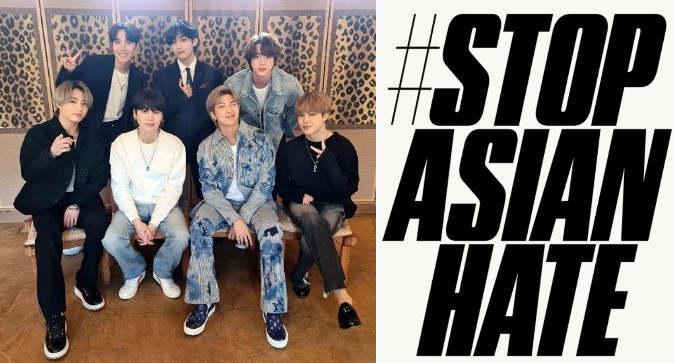
The South Korean boy band, BTS, continues their domination of the music charts. On May 21st, they released a new all-English pop song, “Butter,” which has broken a number of records because of their devoted fan base and the fact that it’s a catchy song. (You, too, should stream “Butter”). While BTS’ musical successes continue to set them apart as leaders in the global music industry, their domination can only continue for so long. Fans know that a concern for many male groups is their time away from music and in South Korea’s mandated conscription. For 18 months, male South Korean citizens are required to enlist in the military by the time they are 28 years old. However, a recent change in the law prompted by the success of BTS, allowed individuals who elevate the country’s global reputation to postpone their mandated time in the military by two years, when they are 30 years old. The reason for this mandate is because the Korean War never ended and at any point, active combat between North Korea and South Korea can start again. As with many wars in Asia, America is involved; therefore, BTS and other male groups straddle an in-between of success determined by America.
In a previous blog post, I noted the popularity and dominance of BTS in the American music industry that secures them the title of one of the most successful Korean male acts. Their success as global superstars is tied to their global dominance which is primarily denoted by Western accolades: they are Grammy-nominated and have topped the Billboard charts since the release of their new song, “Butter.” Interestingly, it is these accomplishments, determined by American critics, that define BTS as one of the most successful male group acts. On the other hand, the possible end of their career is military service for 18 months that is influenced by American intervention in the Korean War.
A brief overview of the Korean War: after World War II, America’s concern about communism forced them to focus their foreign policy on containing it. Asia and specifically, Korea was the site of this war on communism when the US and “the Soviet Union agreed to temporarily divide Korea and oversee the removal of Japanese forces” (National). The Soviet Union occupied the North and was organized as a communist government by Kim Il Sung; the United States occupied the South and was organized as the Republic of Korea (National). It was primarily these concerns about the growth of communism around this time and in Asia that prompted the US to intervene, and unfortunately, Korea was a puppet of some sorts for the stronger powers of the US and the Soviet Union. The outcome: a military and humanitarian disaster. Many lives were lost on both sides with many civilians caught in the crossfire and the separation of families, consequences that can’t ever really be resolved or healed.
BTS is similarly caught in a crossfire in both their entertainment and military obligations. While they were a largely successful act before they caught the attention of the US market, it was this very attention that placed them in their own stratosphere as global artists. It capitulated them into a whole new level of fame and thousands of new loyal and dedicated fans. On the other hand, the presumed end of their careers is tied to their military service which the US has played a part in. This is an example of the damaging effects of US imperialism (if it wasn’t clear before) and how the US continues to dictate the people of the countries that it has intervened in.
Recently, President Biden was abroad building a foreign policy agenda focused on repairing alliances and re-establishing America’s leadership on the global stage. Biden’s approach is focused on ensuring that any foreign policy decisions are made with domestic impacts in mind. While it is important that the President of the United States leads with clear commitment to protecting American citizens abroad, it might be worthwhile to also lead with consciousness of the effects for the very people and countries in which the US believes it necessary to establish its presence.
(By Michelle Nguyen)
(Photo Credit: UNICEF)
